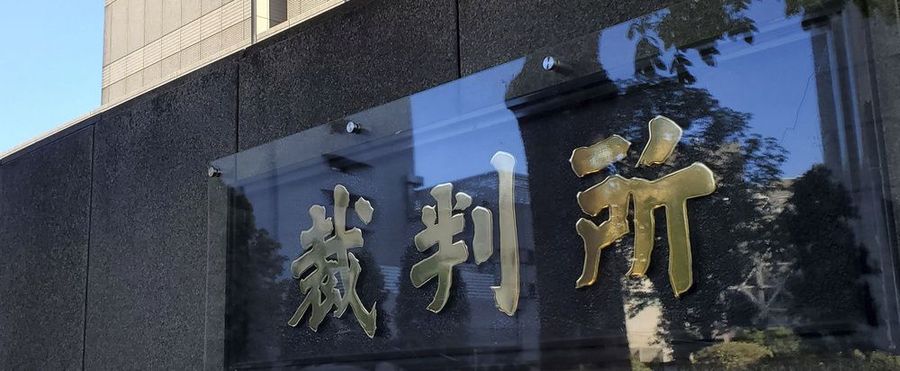A Japanese court has recently ruled that the use of honorific '-chan' in a professional setting could be perceived as sexual harassment. This decision came after a woman filed a lawsuit, stating she felt diminished and harassed when her male coworkers addressed her with the diminutive suffix, typically used for children or women in informal contexts. The landmark ruling is one of the few instances where non-physical, linguistic behavior has been officially identified as a form of harassment in Japan.
In Japan, honorifics play a crucial role in daily interactions, reflecting the hierarchical nature of Japanese society. The misuse of these honorifics, as evident in this case, can perpetuate stereotypes and create uncomfortable situations. While people in Japan are gradually becoming more conscious about issues related to power dynamics and gender bias in the workplace, legal and societal responses to such concerns are often slow.
In the United States or European Union, the focus on verbal harassment in workplaces has a lengthier history, with laws and regulations proactively enforced. However, nuances of linguistic behavior differ across cultures, and what can be perceived as harassment in Japan due to misuse of honorifics might not have a direct parallel in Western cultures as the language dynamics vary significantly.

